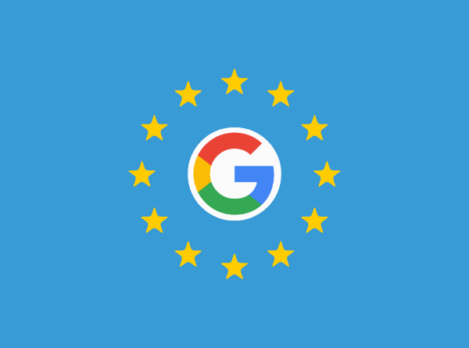Google’s search results in Europe may appear different starting from March 2024. Google is making changes to comply with a new regulation called the Digital Markets Act (DMA), which was introduced by the European Union (EU). The changes are expected to impact how users in Europe interact with Google’s search results, potentially affecting the visibility of certain services and the overall user experience.
Changes in Google Products
The following are some of the Google products that may look and work differently, once Google implements the changes:
1. Additional consents for linked services
Currently, google share data across some Google products and services. After the change, users in Europe will see a consent banner asking them if they would like some services to share data. If the user does not give permission to do so, the services will not be linked, and some features may be limited or unavailable.
2. Choice Screens
Google is introducing additional choice screens on Android phones to make it easier for users to switch their default search engine or browser. These screens will appear during device setup on Android phones and within the Chrome app on desktop and iOS devices.
3. Google Search Updates
Google will create dedicated sections with links to comparison websites from various sources. They will also add shortcuts at the top of the search page to help users refine their search, including the option to focus only on comparison sites.
For certain categories such as hotels, Google will begin testing a dedicated space for comparison sites and direct suppliers. This space will display more detailed individual results which will include images, star ratings, and other additional information. Some features, such as Google Flights unit, may be removed from the search page due to this change.
Why is Google Making these Changes?
In June 2017, the European Union (EU) fined Google almost 2.4 billion euro for allegedly abusing its market power in vertical (shopping) search. According to the EU, Google was “favoring its own content” in shopping search results.
Google has denied the allegations that its practices harm competition or consumers. Instead, it argued that its search results are beneficial and align with the changing demands of consumers.
It implemented several changes to provide “equal treatment” for rival Comparison-Shopping Engines (CSEs) in Europe. However, in 2018, Google’s European Union shopping comparison rivals reported that their situation was worse than before. These changes are intended to address the ongoing dispute between European regulators and Google.
Why We Care
The strict data privacy policies In Europe, could limit Google’s ability to deliver personalized ads and content for users in Europe. If your website currently appears in some of the vertical search units that Google frequently displays at the top of the page, the changes may affect your traffic and metrics.
This might negatively impact the effectiveness of advertising campaigns, as they may not be able to accurately reach the desired target audience.
As of now, these changes will only affect search results in Europe. However, other jurisdictions are also reviewing or litigating Google’s anticompetitive practices, so this is a rapidly evolving space. All websites will be impacted by regulated changes to Google’s search results, so monitoring these updates is important to understanding your website traffic and overall visibility.
Keeping up with SEO changes is incredibly dynamic. Let us take this off your hands.







